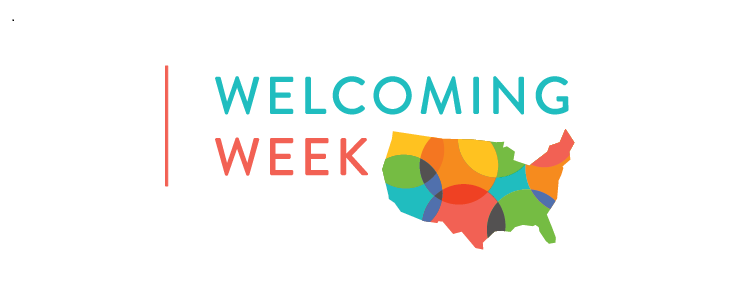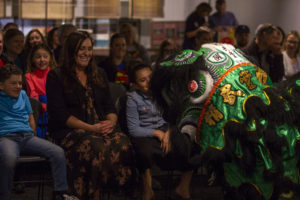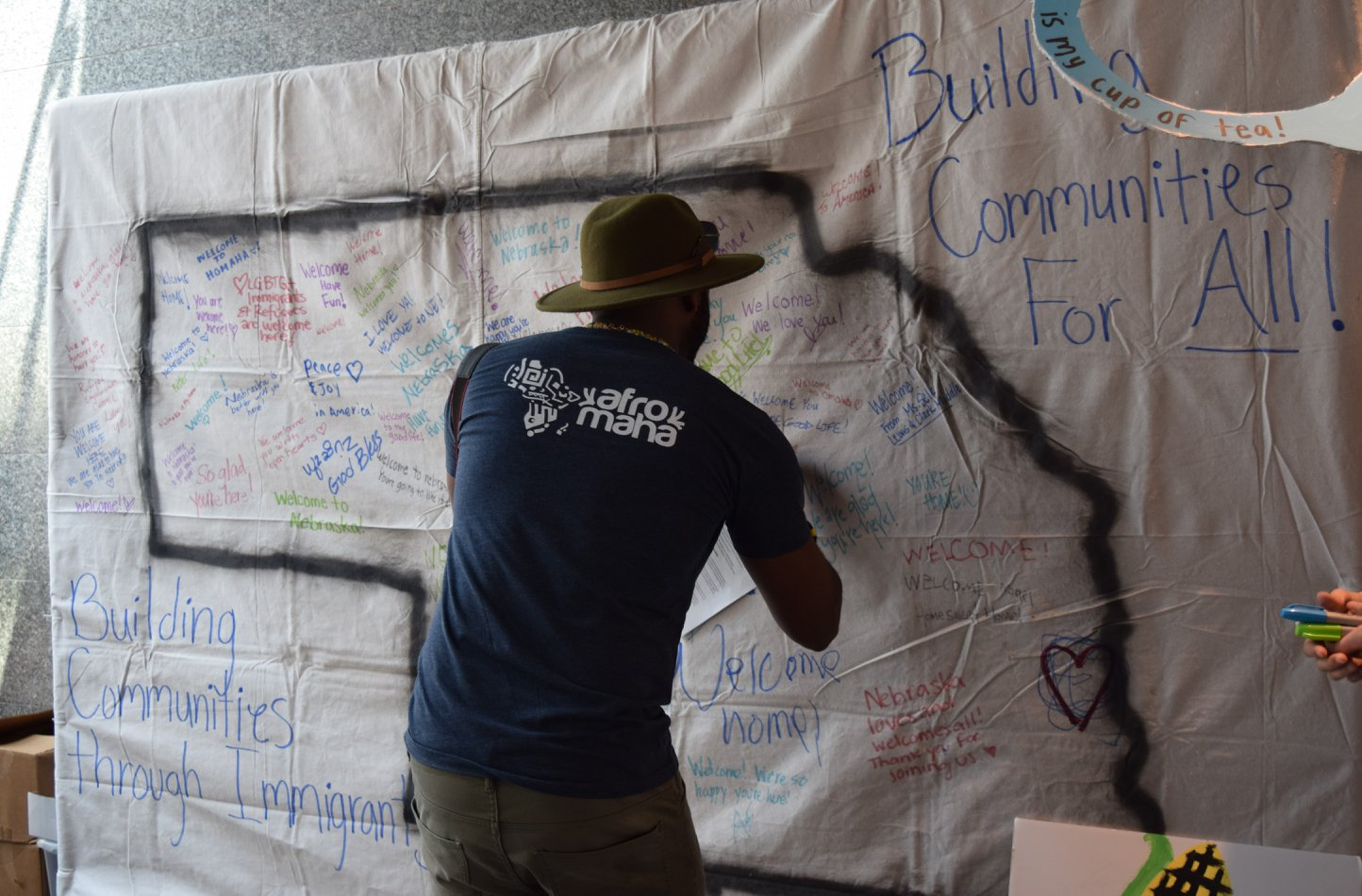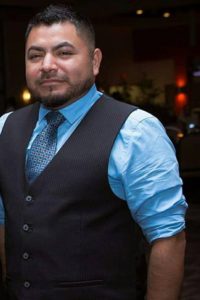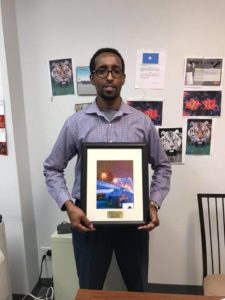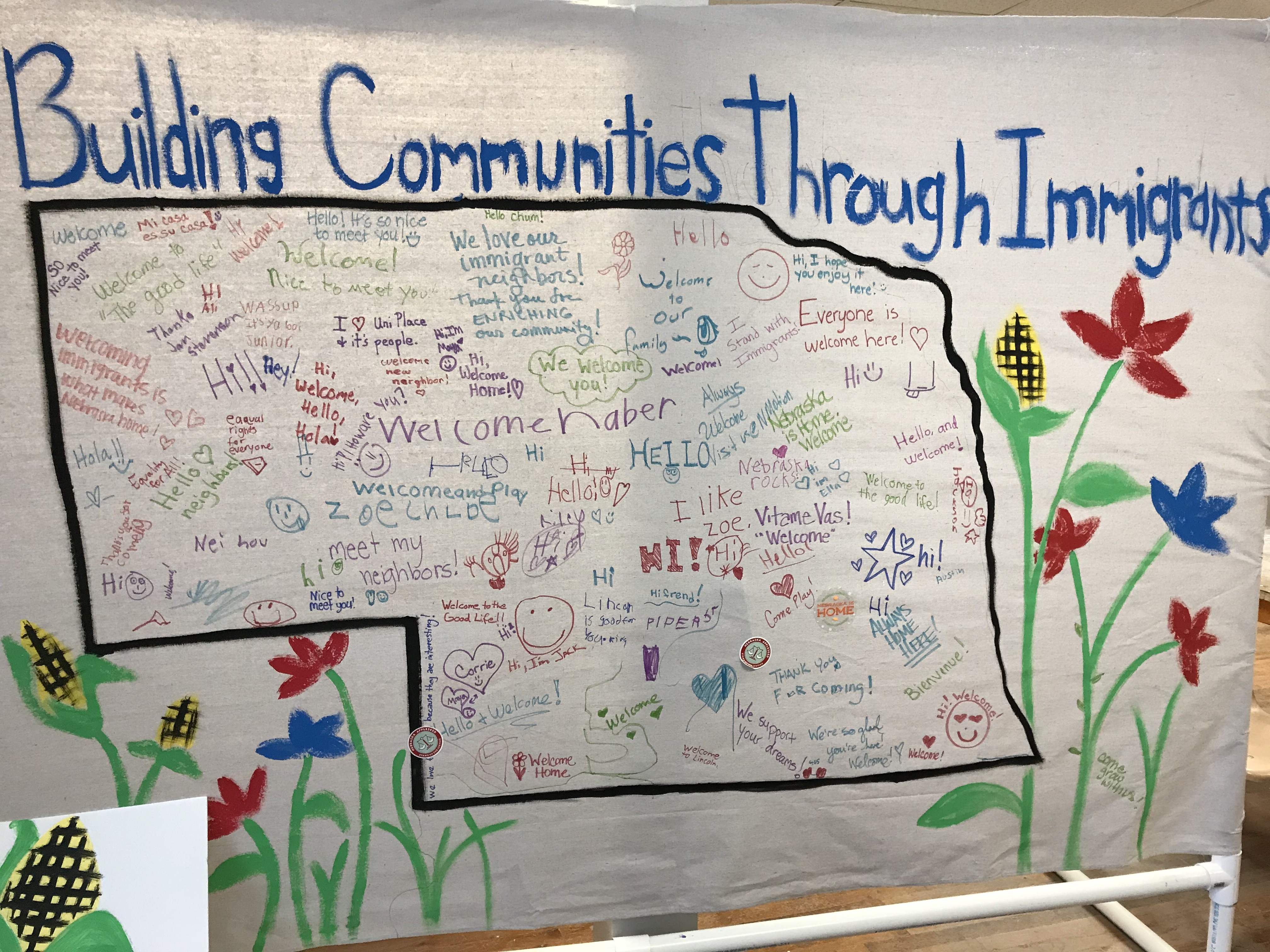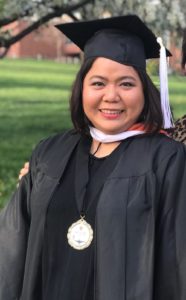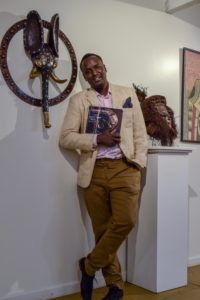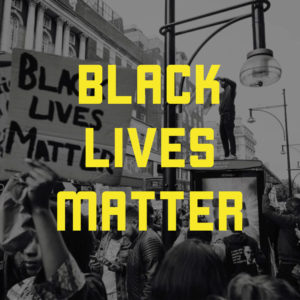 This is a momentous time in our country’s history and a powerful time for us to take a stand with our neighbors. As a community or as a society, we cannot be whole when Black Americans are repeatedly targeted because of the color of their skin.
This is a momentous time in our country’s history and a powerful time for us to take a stand with our neighbors. As a community or as a society, we cannot be whole when Black Americans are repeatedly targeted because of the color of their skin.
By now we’ve all seen the inexcusable actions of law enforcement that ended George Floyd’s life and the protests across the country. It is no longer enough to be tolerant or to be a passive ally. It is time to act. It is time to dismantle the racism and oppression that has been so entrenched in our institutions and structures.
Together we can do more and together we can make change. Our communities are strongest when everyone in the community feels valued.
As Welcoming America stated in their response, Welcoming Cannot Thrive As Long As Racism Persists.
“We cannot be welcoming when African Americans are repeatedly targeted because of the color of their skin.
We cannot be welcoming when violence against our neighbors is minimized or ignored.
We cannot be welcoming if we are afraid to address the root causes of racism.”
Here are resources for your own learning and tools for talking with family, friends, and neighbors:
-
- Cracking the Codes (Let us know if you’d like help facilitating a virtual conversation with this video series.)
- Race Forward
- NAACP
- Black Lives Matter
- Responding to Everyday Bigotry – Southern Poverty Law Center
- America Needs All Of Us (a tool kit for talking about race and unconscious bias)
- Black and Pink – Unpacking Solidarity Toolkit
Support, donate, volunteer with local organizations:
-
- NAACP Lincoln Branch, NAACP Omaha Branch
- YWCA Lincoln, YWCA Grand Island or YWCA Adams County
- The Malone Community Center
- Malcolm X Memorial Foundation
- OutNebraska
- Inclusive Communities
- Multicultural Coalition of Grand Island
- One Siouxland
- Culxr House
- Union for Contemporary Arts
- Black and Pink
- Cultural associations across the state
- Join the social justice committee of your faith group.
What is going on in your community? Share your favorite tools and local organizations to combat racism and promote inclusion. We would like to hear from you.
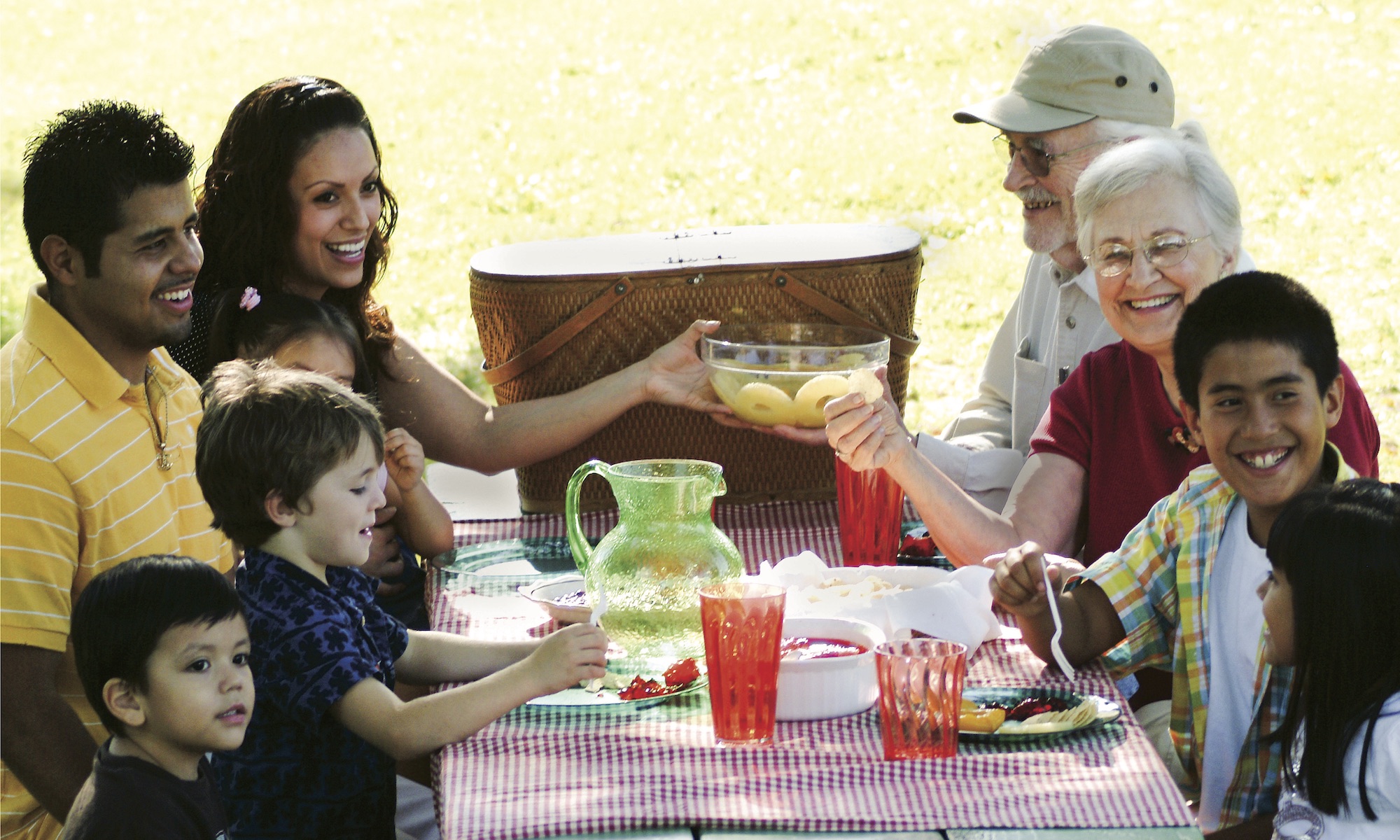
 My name is Khenda Mustafa, Welcoming Coordinator with Nebraska Is Home. Even as the Coronavirus pandemic brings uncertainty for us all, we can come together to support one another in continuing to build a welcoming and inclusive culture across our state.
My name is Khenda Mustafa, Welcoming Coordinator with Nebraska Is Home. Even as the Coronavirus pandemic brings uncertainty for us all, we can come together to support one another in continuing to build a welcoming and inclusive culture across our state.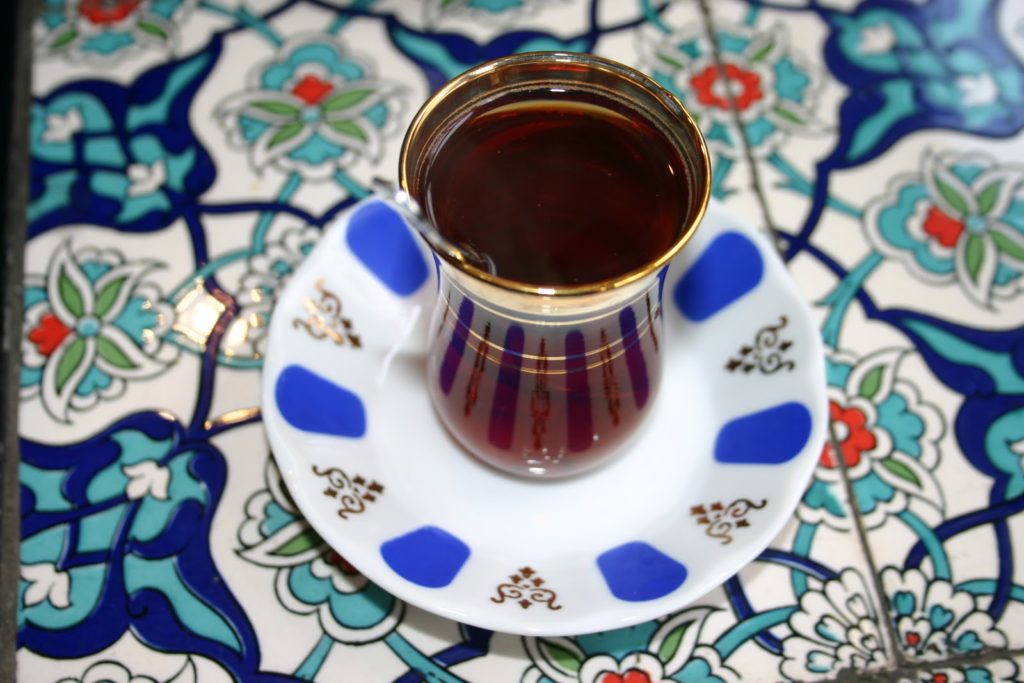
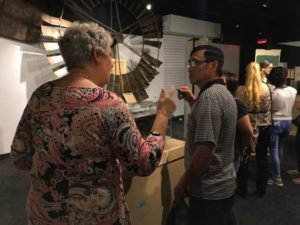 As a part of Welcoming Week 2018, History Nebraska hosted a dynamic evening at the Nebraska History Museum for twenty-five students currently enrolled in citizenship preparation classes at the Asian Community and Cultural Center and El Centro de las Américas. The twelve-week program provided by the two community centers is funded by the office of U.S. Citizenship and Immigration Services (USCIS). In partnership with the Center for Legal Immigration Assistance, this collaborative initiative provides legal permanent residents (LPRs) with citizenship instruction and naturalization application services.
As a part of Welcoming Week 2018, History Nebraska hosted a dynamic evening at the Nebraska History Museum for twenty-five students currently enrolled in citizenship preparation classes at the Asian Community and Cultural Center and El Centro de las Américas. The twelve-week program provided by the two community centers is funded by the office of U.S. Citizenship and Immigration Services (USCIS). In partnership with the Center for Legal Immigration Assistance, this collaborative initiative provides legal permanent residents (LPRs) with citizenship instruction and naturalization application services. 